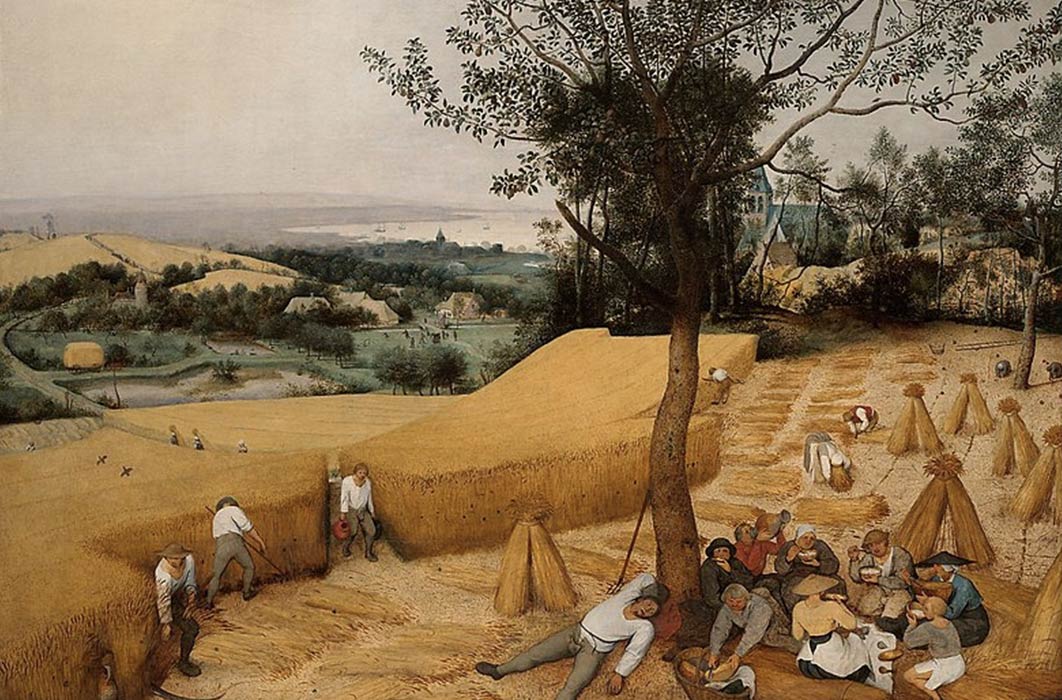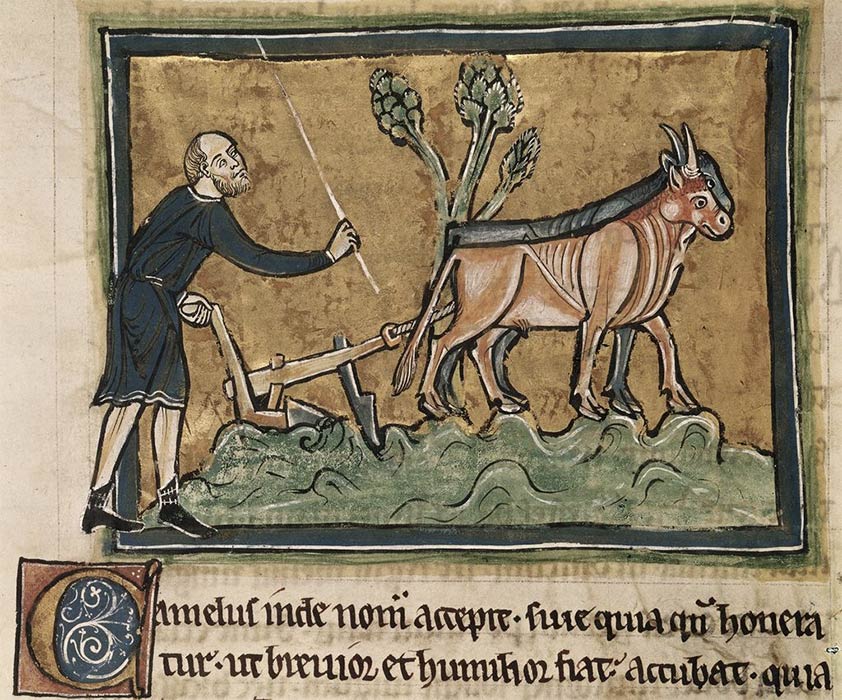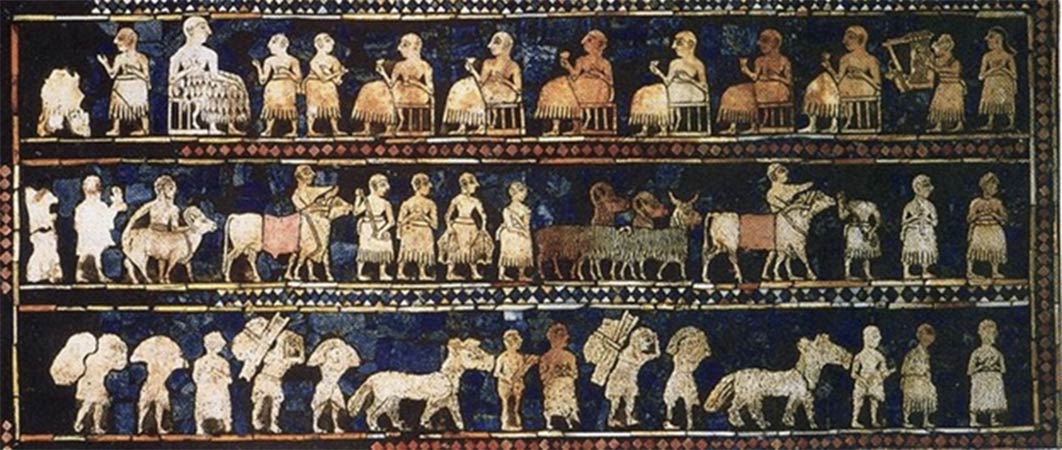
Food Security: Rethinking The Agricultural Revolution
The Agricultural, or Neolithic (New-Stone Age) Revolution, marks the birth of modern civilization. Traditional wisdom says that is when we started to become us. That is when we began to grow crops, build cities, develop trade routes, practice specialized crafts and skills, and start the process of becoming the fully evolved species that we have become. That is when we began to move away from being primitive, perhaps even brutish, hunter gatherers who lived on a subsistence diet, constantly on the brink of starvation. That is when we began to conquer and subdue our environment. It was the beginning of a time of great progress and enlightenment. Or was it?

Detail of a miniature of a man ploughing with oxen. Image taken from Bestiary. Written in Latin and French. (Public Domain)
Which Came First Building Or Agriculture?
Is it time to re-examine what we have all been taught for so long that it is now fully ingrained in our thinking to the point where we scarcely question it anymore? Dare we re-examine such a basic, underlying “fact” of anthropological history? And, to take the idea one step further, did the Agricultural Revolution represent a step forward in our evolution, or was it instead a detriment — a dead end path that, so far at least, has kept us from our real goal of becoming fully evolved, spiritual beings?
This is a radical, but increasingly important, way of thinking that is gathering momentum among serious academics who are increasingly worried about out-of-control population growth. The current, traditional, and generally accepted academic opinion states: When our ancestors joined together to build great megalithic complexes around the world, such as Göbekli Tepe in Anatolia, Eridu, Uruk, and Ur in Mesopotamia, Luoyang on China’s central plain, and other ancient cities in various eras, they needed to provide a stable food supply for what soon became a burgeoning population. The debate continues as to which came first, building or agriculture. In other words, did the development of agriculture lead to a sedentary population who soon graduated to an urban civilization? Or did urban civilization create the necessity of agriculture?

From the royal tombs of Ur, the Standard of Ur mosaic, made of lapis lazuli and shell, shows peacetime. (Public Domain)
Most academics are inclined to theorize the former, rather than the latter, explanation. It seems logical to assume that the change to large-scale agriculture led to the growth of cities. But it is important to remember that this became the accepted theory because it seems logical, not because it is necessarily deduced from the archaeological record. In truth, the archaeological record could support alternative theories very easily. The hidden truth of the roots of agriculture are complex. It first appears at locations separated by miles, continents, and even oceans, but there is evidence that some cultures, such as a few tribes of western American plains Indians, for instance, even experimented for a while with the basic components of mass agriculture, and then abandoned it for reasons unknown but which might have included the radical idea that the gains in carbohydrate consumption were not worth the costs in practical, ethical, and even moral evolutionary development. In other words, they might have decided that they simply did not function socially as well under the demands of agriculture.
Silencing The Beat Of The City
Stable cities offer both benefits and detriments. Convenience and a stimulating social environment are two benefits. Pollution, overcrowding, crime, and vulnerable infrastructure are only a few of the many drawbacks. If a major disaster caused by earthquakes, volcanoes, exploding comets, or even nuclear accidents were to occur on a massive, world-wide scale, urban locations would be the first to fall. City dwellers are culturally savvy and sophisticated, to be sure. But most have forgotten, if they ever learned them at all, the skills necessary to provide food and shelter if delivery trucks cease to roll for a few weeks, the electrical grid fails, or desperate gangs start to prowl streets no longer guarded by a police force. Without mass agriculture to provide the staples necessary to keep food on the table of city dwellers, the urban environment would grow eerily quiet in only a few weeks. The “beat of the city” would very quickly be replaced by a hollow silence.






